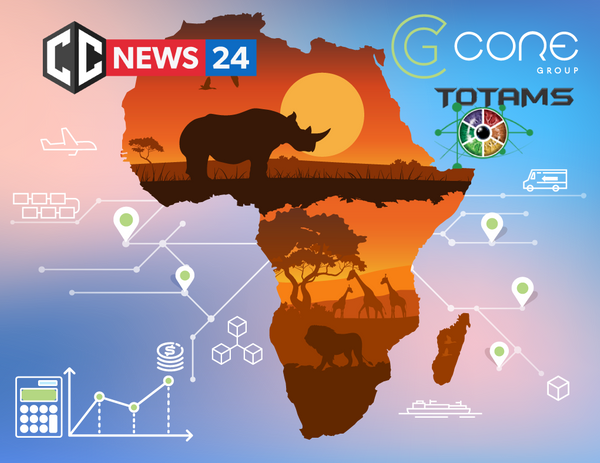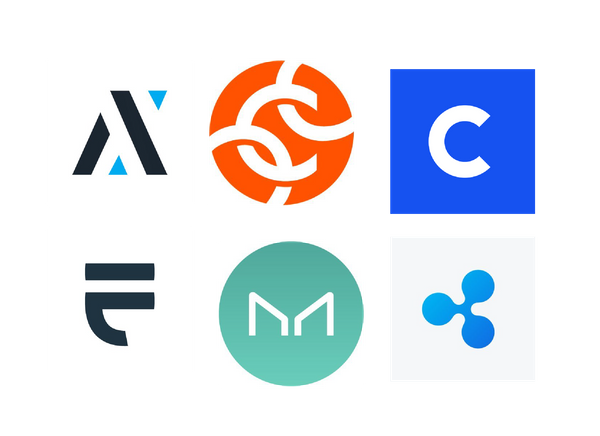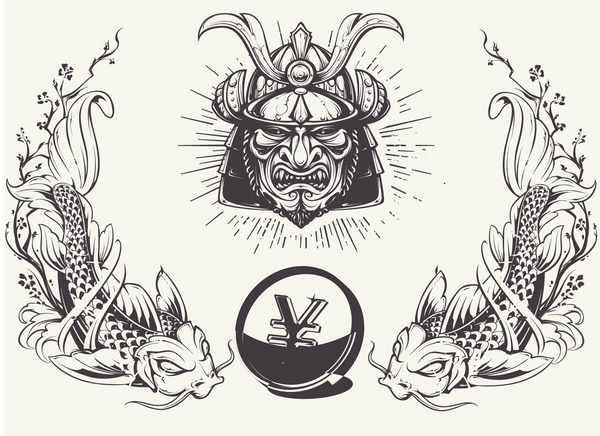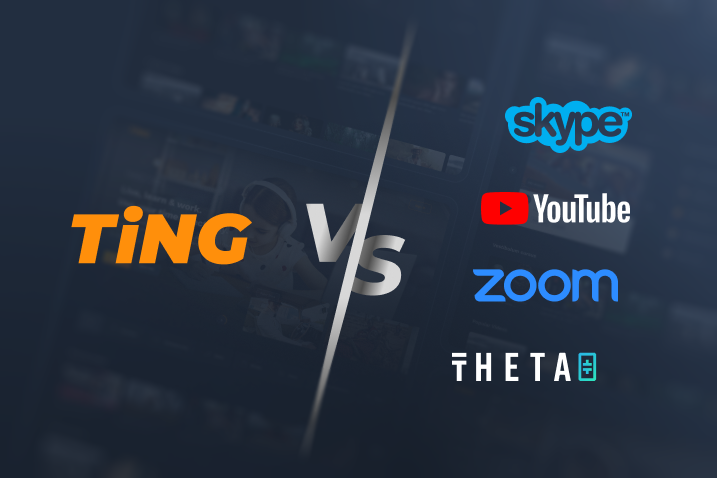The Philippine Commission on Elections (Comelec) is considering the adoption of blockchain technology in future elections to improve transparency and security. BayaniChain's CEO, Paul Soliman, suggested using the technology during a historic election summit on March 8th. Blockchain technology is an electronic record-keeping system that relies on the nodes in its network to authenticate, handle, and log all operations within a platform. Each block in the blockchain represents one vote and has a unique code that shows whom the vote is for. When someone casts a vote, their vote block is added to the blockchain and connected to others.
iVote.ph is the Philippines' first non-fungible token (NFT)-enabled blockchain voting platform. It was developed by 12-year-old Rien Lewis Pecson, who learned how to code during the pandemic. On iVote.ph, voters can vote on NFT artwork created by Neil Fernandez, which represents each of the Philippine presidential candidates for 2022. Upon registration, users are assigned unique tokens based on their mobile phone numbers. Each answer is recorded anonymously on the blockchain as an individual transaction. The system allows voters to participate without exposing their personal data.
However, questions are being raised about the blockchain protocol used by iVote.ph, which is powered by Cloudchain, operated by First Shoshin Holdings Corp. (FSHC), owned by Juan Ponce Enrile Jr. (“Jack”) and Salvacion Ponce Enrile (“Sally”). Jack is the son of Juan Ponce Enrile, a close ally and Defense Minister of the late dictator Ferdinand Marcos. On Nov 5, the 97-year-old Enrile and his daughter Katrina Ponce Enrile forged an alliance with Marcos Jr. at the latter's house. As the Enrile family behind iVote, which supports blockchain-based elections, publicly endorses Marcos Jr. for president in 2022, while Marcos Jr. supports Katrina's congressional campaign.
Political scientists point out that alliances with well-entrenched political families hold more weight than party support. iVote's polling results since its launch on Oct. 25 overwhelmingly favor Ferdinand “Bongbong” Marcos Jr. The technology's trustworthiness is being questioned, given the blockchain's owners' connections with the candidate.
Although blockchain technology has the potential to make voting secure and transparent, trust is critical to the electoral process's legitimacy. In the Philippines' case, blockchain technology may provide a false sense of transparency and security if the technology owners have political affiliations. These associations could lead to questions about the system's credibility and create more significant social and political problems. Until the potential conflicts of interest and ethical implications are addressed, blockchain technology may not be the answer to the country's electoral system problems.








